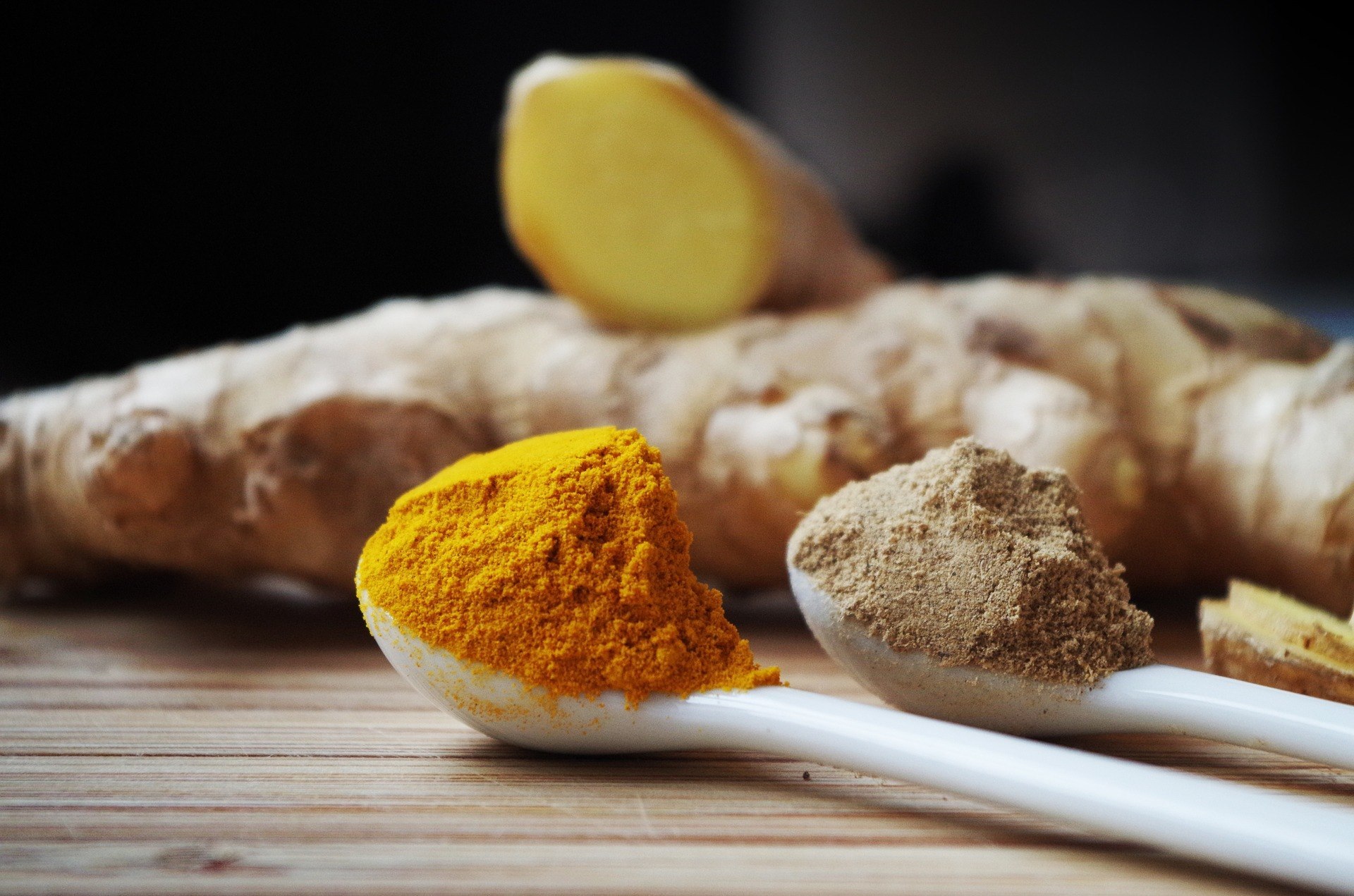
Walnuts may well be nature’s panacea to fighting prostate cancer according to recent research. Prostate cancer is the most common cancer among men in America after non-melanoma skin cancer according to statistics from the Center for Disease Control and Prevention (CDC). There were 176,450 new cases of prostate cancer diagnosed in America in 2013 out of which there were 27,681 deaths. Currently more than 2 million American men count themselves as prostate cancer survivors.
A bizarre irony is that the prostate is an organ about the size and shape of a walnut. It is located in front of the rectum and just below the bladder and produces fluid that makes up part of the semen necessary for human reproduction. Research suggests that walnuts contain an abundant supply of health-boosting chemicals that help to slow down prostate cancer growth.
Prostate cancer is also linked to diet, particularly dietary fat intake. Paul Davis, a scientist and research nutritionist at the University of California Davis, heads a research team that has been studying the health properties of walnuts. Their findings may force the government to have a re-think about blaming high-fat diets as the reason for cancer and heart disease and other health conditions. Davis stated that the fact that walnuts are high in fat has no bearing on prostate cancer growth as tests done on mice seem to corroborate.
Prostate tumors in the mice shrunk as a result of feeding them walnuts but it was not clear what it was in the walnut (the nut, the oil, or the omega-3 fatty acids) that made the difference. Their latest study, conducted over 18 weeks, examined this question and was published in the Journal of Medicinal Food. Their conclusion was that the walnuts and walnut oil lowered cholesterol and inhibited prostate cancer growth while the omega-3 fatty acids, magnesium, selenium, and zinc present in walnuts did not seem to have any direct effect one way or the other. Furthermore, lower levels of IFG-1, a hormone linked to both breast and prostate cancer, were reported. Lower cholesterol levels deprived cancer cells of the nutrients they needed leading to a slowing down in the pace of their growth.
Walnut consumption also led to higher levels of adiponectin, lower levels of COX-2, and the tumor suppressor PSP94, all of which are important markers for reducing the risk of prostate cancer. The researchers noted that the combined effect of multiple components within walnuts appeared to be beneficial in thwarting prostate cancer along with the unique combination of several powerful phytonutrients rarely found in other foods. The effect of the composition of whole walnuts was what made the difference, not their individual components and phytochemicals.
The studies on the mice are not conclusive in themselves because human physiology is different and therefore follow up studies will take place. Davis added that walnuts do not need to be consumed in large quantities to get their benefits. During the study, the mice were fed the equivalent of 2.6 ounces of walnuts or about the equivalent of 482 calories a day.







